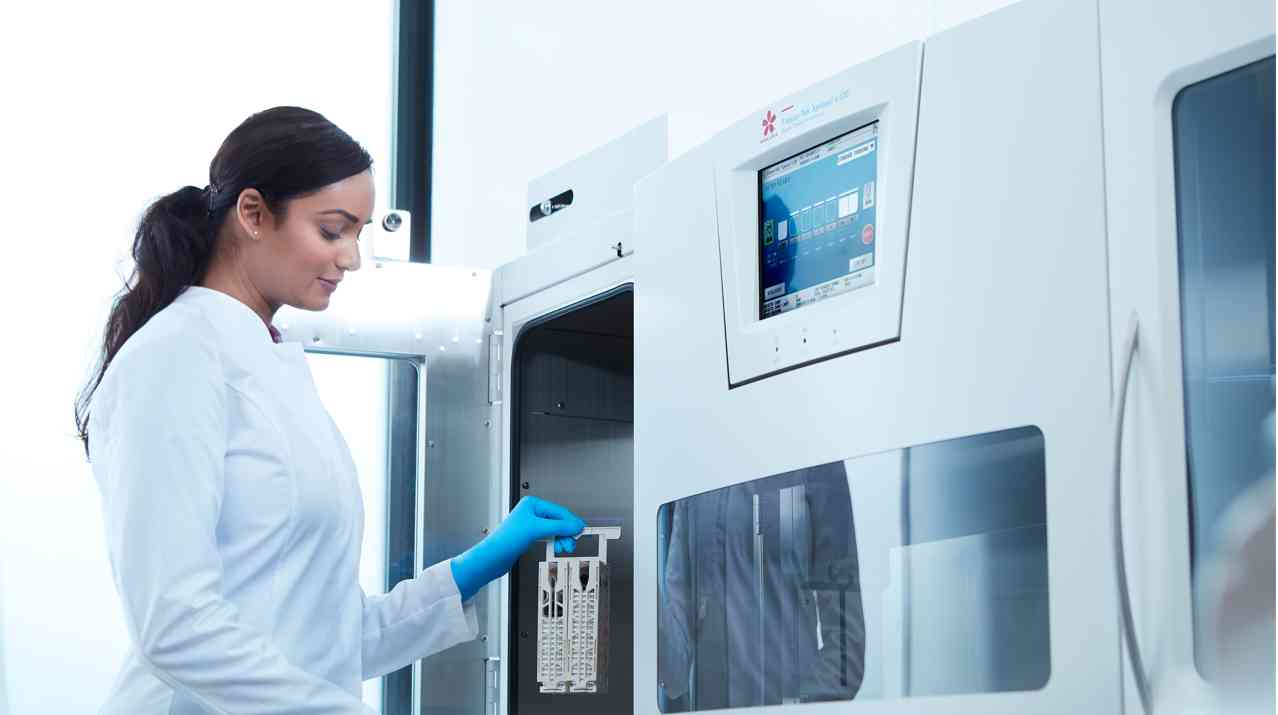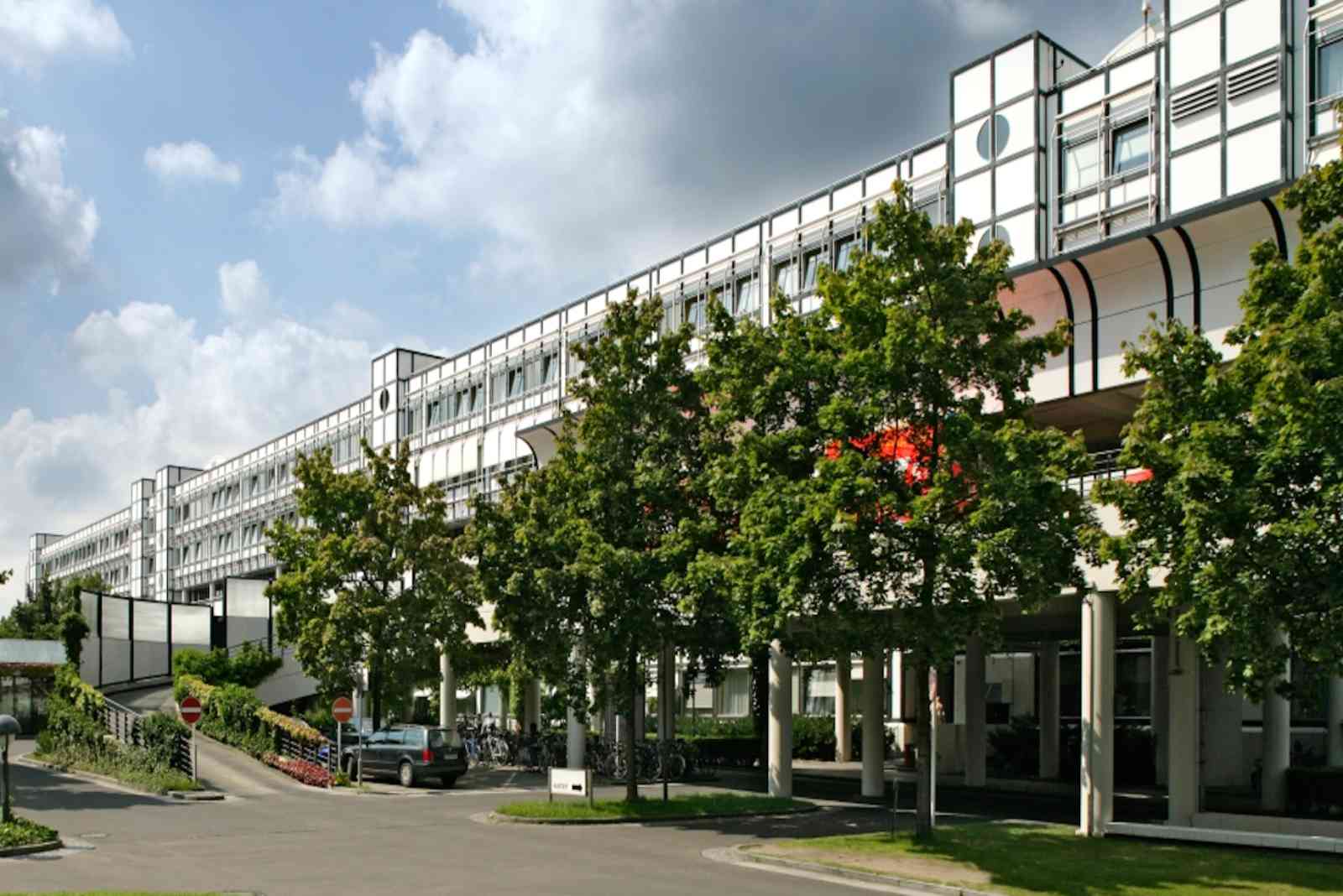As histology laboratories face mounting pressure to improve turnaround times, reduce errors and do more with fewer staff, automation has become a strategic necessity. But while the benefits of automation are well understood, the path to achieving them is anything but simple.
Transitioning from manual to automated workflows brings real operational complexity. New systems must be integrated into existing processes. Staff must learn unfamiliar technologies while continuing to manage daily workloads. And changes must be introduced without disrupting patient care or compromising quality.
In this environment, the difference between success and struggle often comes down to implementation - and specifically, the presence of structured, expert consultancy to guide the process.
Why implementation support matters
Automation projects often place an unrealistic burden on laboratory managers and staff. While they may have the clinical and technical knowledge required, they rarely have the time, resources, or change management expertise needed to drive a complex transformation while maintaining business as usual. This is where consultancy plays a critical role.
Dedicated implementation consultants bring a structured approach to planning and execution. They help clarify project scope, align stakeholders and define measurable goals. They facilitate communication across departments, monitor timelines and performance and ensure the right training and support is in place at every stage.
Just as importantly, consultants serve as an objective presence during a time of significant change. They help manage uncertainty, ease resistance and provide the continuity needed to keep momentum going - even when challenges arise.
From disruption to continuity
A well-structured implementation process doesn’t just introduce new systems - it protects existing operations. By supporting labs through each phase of change, consultancy ensures that teams aren’t overwhelmed and that disruptions are kept to a minimum. Projects move forward with intention, and adjustments can be made based on real-world feedback.
Consultancy also brings the benefit of perspective. Implementation specialists can identify workflow bottlenecks, flag potential risks early and draw on experience from similar projects to offer practical solutions. This reduces delays, improves integration and enables laboratories to achieve sustainable improvements, not just short-term fixes.
More than project management
At its core, effective consultancy is about partnership. It combines strategic guidance with hands-on support, tailored to the specific context and needs of each laboratory. Rather than offering generic advice, implementation consultants embed themselves within the team - listening, adapting and enabling staff to build confidence as they work with new tools and processes.
This approach is essential not just for delivering the project, but for setting the foundation for long-term success. When staff are supported, heard and included throughout the transition, they are more likely to embrace new ways of working and contribute to ongoing improvement.
Rethinking what automation requires
Automation alone doesn't solve laboratory challenges - how it's implemented does. Without the right support, even the best technologies can fall short. But with a structured, collaborative and human-centred approach to implementation, laboratories can navigate complexity, preserve continuity and move toward a more scalable, efficient future.
EMWEB0023EN



